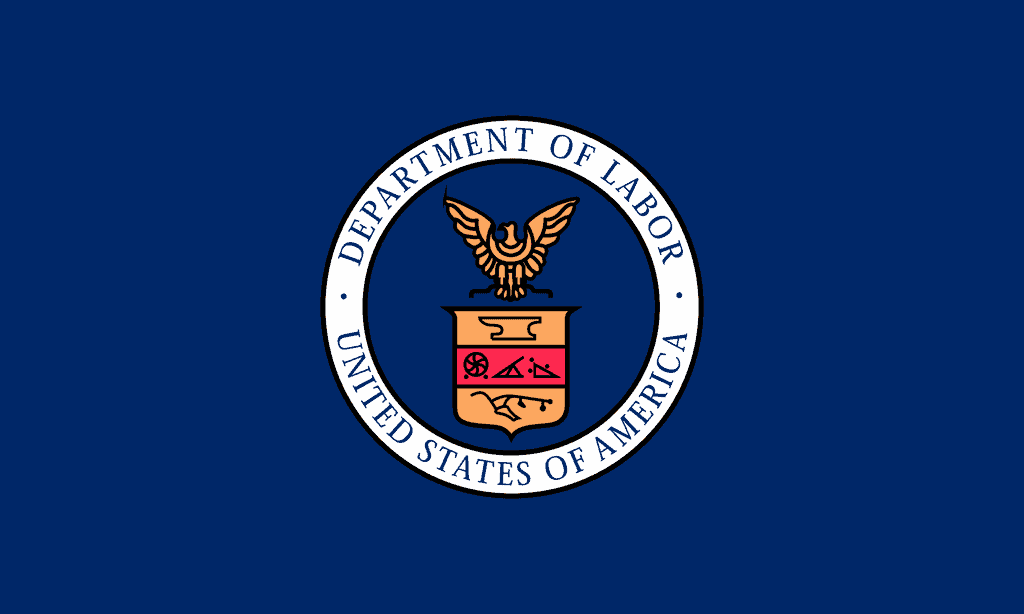William Greenlaw is a student at Harvard Law School.
Employee are fighting back against Activision Blizzard, one of the largest companies in the world, as it continues to reel over recent revelations of rampant sexual harassment and discrimination. The video game company, known for its production of Call of Duty and World of Warcraft, was sued by the State of California. Allegations against the company even include reference to a “Bill Cosby Suite,” which was pictured in a photograph of male game developers in a private room alongside a giant photo of the disgraced comedian and sitcom star. In response to the allegations and in recognition of longstanding mistreatment of workers, 2,600 employees signed an open letter decrying company leadership, especially its tone deaf response denying the allegations against the company. On Wednesday, employees staged a walkout and rally of around 350 people. The demonstrators have four concrete demands: “the adoption of policies that would improve diversity and representation; transparency around employee compensation by gender and ethnicity; a third-party audit of the company’s reporting structure, human resources and executive staff” and an end to “mandatory arbitration clauses in current and future employee contracts.” The worker action at Activision Blizzard comes amid fairly recent similar revelations of harassment and abuse at Ubisoft, a competing video game production company, whose own employees decried the industry’s culture of abuse. Over 65,000 people work in the video game industry in the United States. Many face incredible power imbalances between management and employees that lead to abuse and suffer familiar ills of the current working era; this includes not only forced arbitration clauses, but also threats of forced 18-hour days rushing to finish developing a product to please the company’s investors. Given similar concerns across the industry, labor organizers might wish to take note of an opportunity to advocate. According to Johanna Weststar, co-founder of the International Game Developers Association, “If you managed to unionize two or three big studios and you could get those three big employers to form an employers association that your union can talk to, then you can start laying the groundwork for something more universal. But you need to get something in place first to bring those employers to the table.”
Just this morning, the Biden administration’s Department of Labor reversed a Trump-era rule that limited circumstances where multiple businesses could share liability for wage violations. The previous provision was a high priority for business lobbies, especially for franchising brands. The prior Trump rule is still pending review in the Court of Appeals in the Second Circuit. Since it has been rescinded, Biden administration attorneys may seeks dismissal of the case. Yet some business groups have intervened in the lawsuit and seek to defend the prior rule. In justifying the new rule, the Department of Labor wrote, “[T]he Department was concerned that the Rule may not have sufficiently considered the negative effect that it would have on employees by reducing the number of businesses who were FLSA joint employers from which employees may be able to collect back wages due to them under the FLSA.”
Recent research continues to indicate persistent bias in hiring. Researchers from U.C. Berkeley and the University of Chicago demonstrated that applicants with “Black-sounding” names have a 2.1% lower chance of hearing back from employers compared to distinctly “White-sounding” names. The study sent 83,000 fictitious applications to 108 Fortune 500 Companies. These results extend similar research conducted in 2003 on a more local scale responding to 1,300 local help-wanted ads in Boston and Chicago. Those results showed a 50% difference between Black and White callbacks to interview. Due to the difference in methodology and sample sizes, the results are difficult to compare directly. One notable finding among the nationwide study was that 20% of the companies surveyed were responsible for half of the discriminatory behavior found in the experiment. This suggests a concentration of discriminatory behavior at top firms notwithstanding the large increase in implicit bias and diversity trainings spreading across businesses.
A recent jump in coronavirus cases has set back businesses planning to bring their employees back to the workplace. Google, Lyft, and Twitter all had earlier plans to return employees to the office, but each of them has been forced to postpone. Other employers are considering mandatory vaccines to mitigate the disruptive force of the virus, particularly state employers. New York and California have started requiring shots for public employees. And Google and Facebook have similarly required vaccinations for employees to come on site. The back-and-forth comes amid a slow return to the workplace and a potential shift in the in-person work paradigm. As of July 21st, only about 35% of U.S. workers were back in the office.






Daily News & Commentary
Start your day with our roundup of the latest labor developments. See all
February 11
Hollywood begins negotiations for a new labor agreement with writers and actors; the EEOC launches an investigation into Nike’s DEI programs and potential discrimination against white workers; and Mayor Mamdani circulates a memo regarding the city’s Economic Development Corporation.
February 10
San Francisco teachers walk out; NLRB reverses course on SpaceX; NYC nurses secure tentative agreements.
February 9
FTC argues DEI is anticompetitive collusion, Supreme Court may decide scope of exception to forced arbitration, NJ pauses ABC test rule.
February 8
The Second Circuit rejects a constitutional challenge to the NLRB, pharmacy and lab technicians join a California healthcare strike, and the EEOC defends a single better-paid worker standard in Equal Pay Act suits.
February 6
The California Supreme Court rules on an arbitration agreement, Trump administration announces new rule on civil service protections, and states modify affirmative action requirements
February 5
Minnesota schools and teachers sue to limit ICE presence near schools; labor leaders call on Newsom to protect workers from AI; UAW and Volkswagen reach a tentative agreement.